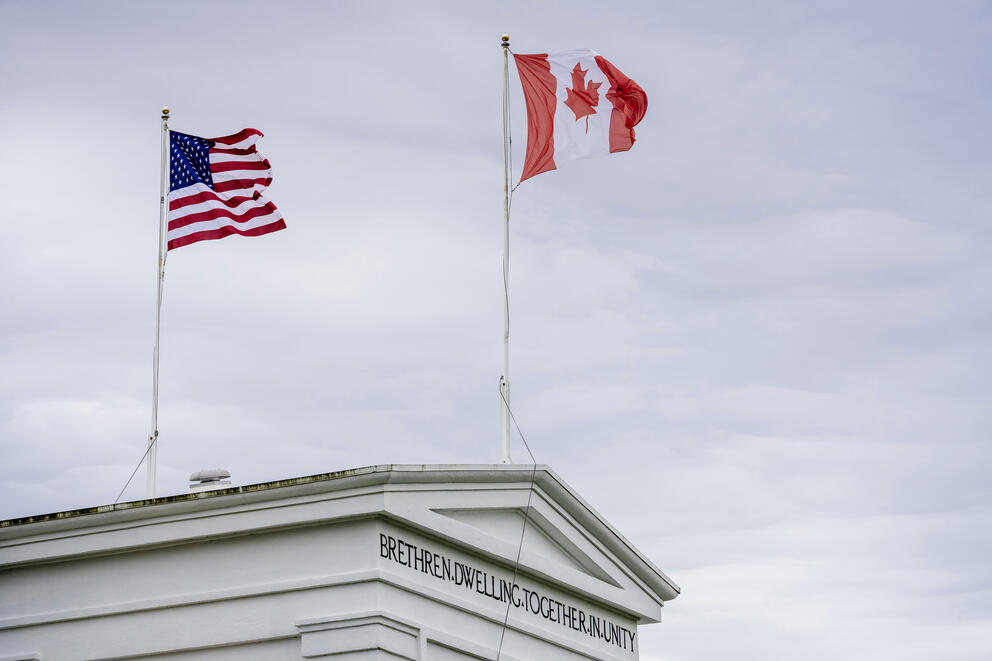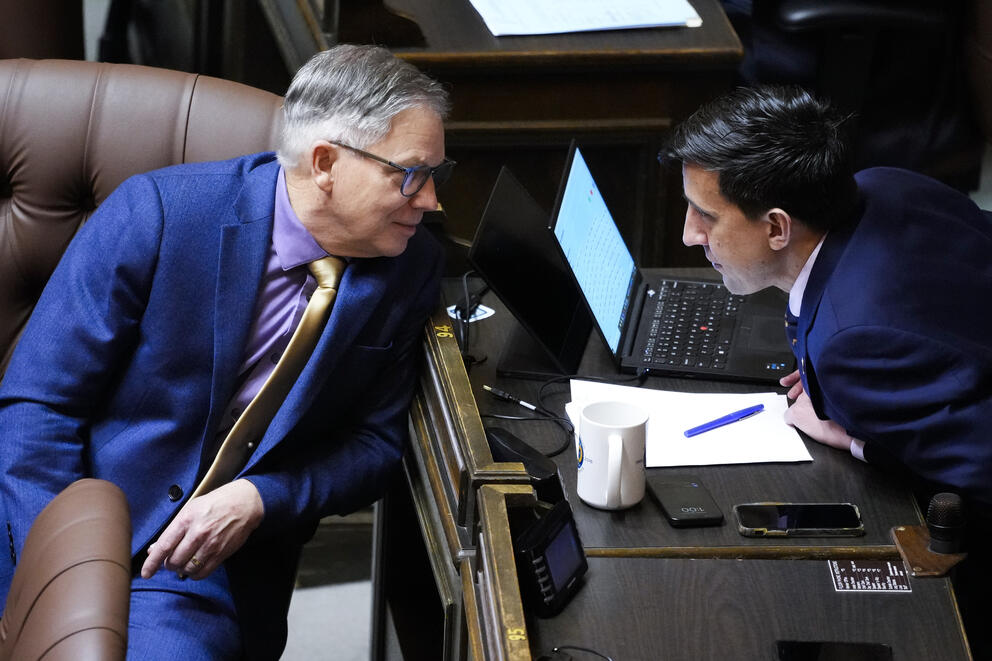This article was originally published by the Washington State Standard.
Washingtonians’ medical debt will not be included in their credit reports, under a bill that Gov. Bob Ferguson signed into law earlier this week.
Medical debt can create a spiraling effect and prevent people from getting approved for car or home loans or apartment rentals. Medical debt can also cause providers to deny services to patients with outstanding bills or dissuade people from seeking care.
Senate Bill 5480, sponsored by Sen. Marcus Riccelli, D-Spokane, intends to mirror efforts at the federal level that have been thrown into question. It will prohibit collection agencies from reporting overdue medical debt to credit agencies. The bill will take effect on July 27.
In January, the Biden administration finalized a similar federal rule before President Donald Trump took office. It was set to take effect in March, but it is currently on pause by the Trump administration and faces legal challenges.
The new state law is intended to help people like Christopher Raymond, who was diagnosed with stage 2 Hodgkin lymphoma at age 16.
To get the treatment Raymond needed to survive, his dad was forced to retire and cash out his pension, which amounted to $60,000.
Originally from Everett, Raymond’s family moved to California so he could receive the treatment he needed, which lasted two years and required a stem cell transplant, which was not covered by his dad’s insurance. The move made him eligible for Medi-Cal, California’s Medicaid program, which covered his treatments.
Despite the coverage, he and his family faced extreme hardships and had trouble paying for necessities such as food and utilities.
“There was a point where it got really bad that I was eating those quarter chicken legs you would get from the grocery store and it would be my only meal I could have for the day,” Raymond said.
Raymond is now 28 and has been cancer-free for 10 years, but says his family could’ve been pushed into extreme debt for his treatments, which cost upward of $6 million before accounting for insurance payments.
“I shouldn’t be punished for having cancer,” Raymond said.
His experience is shared by many who have undergone similar health issues.
When this happens, people might stop or delay treatments because they can’t afford them or because their insurance companies don’t approve the care. People, at times, also lose everything they own to continue their treatments, or they end up dying of cancer.
Roughly six in 10 Washington adults say they could not pay an unexpected $500 medical bill, and about 30% say they live in a household with medical debt, even with health insurance, according to a report done by the Northwest Health Law Advocates.
Audrey Miller García, government relations director at the American Cancer Society, explained that families can still have to pay debt they accrued from treatments if their child dies of cancer.
Even when someone survives cancer, they may still need treatment for the rest of their lives. These follow-up treatments are expensive, and depending on the insurance coverage a person has, the care can land them in thousands of dollars’ worth of debt.
Raymond still gets billed.
“My lifelong care after cancer is always going to be met with more insurance bills,” he said.
He says he’s been due for a CT scan for over six years, but is worried about going into debt because he cannot afford the scan even after his co-pay.
“You shouldn’t be punished for having cancer, you should get through it and be able to not worry about having to live, because it’s not enough to just survive, you need to live too,” Raymond said.
The Washington State Standard originally published this story on April 22, 2025. Jacquelyn Jimenez Romero is a WSU Murrow News Fellow.








